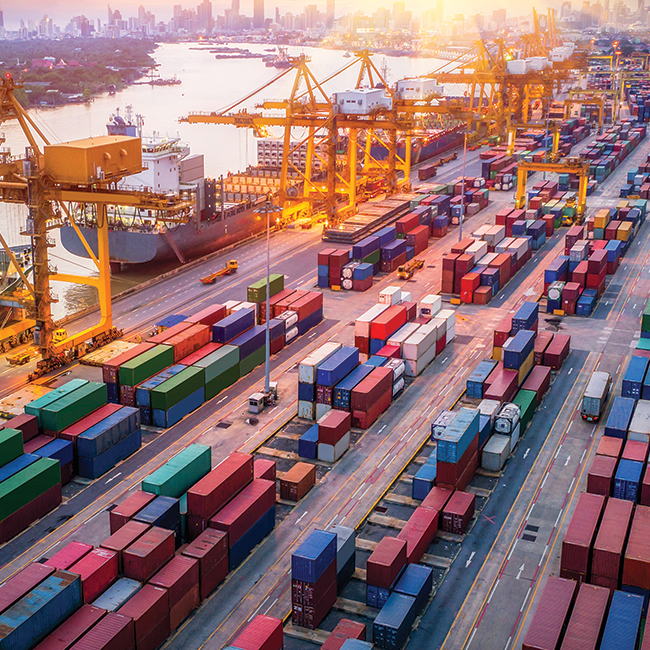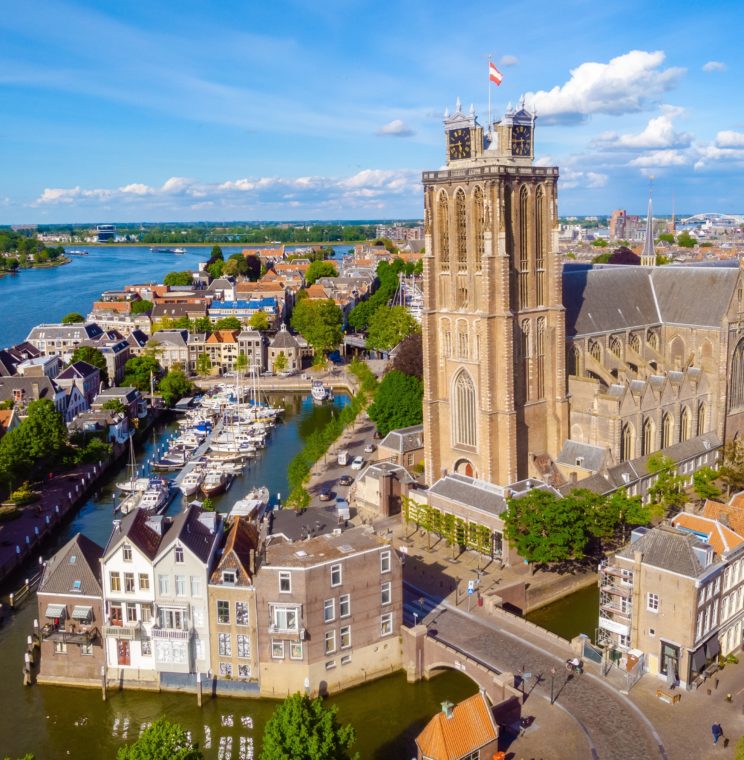Third Mobility Package
Third Mobility Package
On May 17th 2018, the European Commission published the third mobility package: Europe on the Move III.
Over the past two years, Ecorys has supported the European Commission with four studies to create new policy proposals to make transport and mobility in Europe safer, cleaner and smarter.
Digitisation in freight transport is still in its infancy. Approximately 99% of cross-border freight transport in the EU uses paper transport documents between dispatch and receipt of the goods. This is due to a fragmented landscape of laws and regulations. With inconsistent obligations for authorities with regard to accepting electronic information or documents and various administrative practices in implementing them. There is also a multitude of systems on the IT side for exchanging electronic information and documents that do not connect with each other.
The European Commission proposes a package of policy measures to remove the existing obstacles to digitisation in freight transport. This includes an obligation for all authorities in the EU Member States to fully accept legally required information or documents regarding freight transport in digital format, including a partially harmonized implementation of IT solutions for the exchange of these documents and information between companies and authorities for the different modes of transport. This leads to substantial savings for the transport sector in terms of administrative burdens and benefits for society as a whole, mainly through positive effects on the environment. Together with partners Grimaldi Studio Legale and the Institute of Shipping Economics and Logistics, Ecorys has prepared an impact assessment for the European Commission. It contains proposals for the impact assessment in which the current obstacles to the digitization of freight transport are mapped and the effects of the policy proposals are calculated.
Another central component within the third mobility package is aimed at promoting maritime safety. The reason for improving maritime safety was a number of major accidents with oil tankers (including the Erika and the Prestige), in which large quantities of oil leaked into the sea. To guarantee maritime safety, various conventions have been adopted by the International Maritime Organization (IMO). These treaties focus on introducing responsibilities for States that have their own fleet. For example, each State is responsible for the technical condition and associated safety levels of ships flying its flag, the so-called Flag State responsibility. When a ship sailing under its flag becomes involved in a maritime accident, the State is obliged to conduct an independent investigation into the cause of this accident and to make any recommendations for further improvement of maritime safety. Despite the existence of an international legal framework within which States can be held responsible for the state of their fleet, this did not always lead to the desired result.
To guarantee that European member states with their own fleet meet international requirements, the European Commission has adopted several regulations and directives, which incorporate the international framework into European law. Examples are: The Port State Directive (Directive 2009/21 / EC), which reminds Member States of their responsibilities as a Flag State and the Accidents Directive (Directive 2009/18 / EC), which obliges Member States to set up an independent investigative body with the aim of investigate shipping accidents in accordance with internationally applicable standards. Both guidelines were evaluated by Ecorys in 2016. The purpose of this evaluation was to assess whether these guidelines are still relevant a few years after their implementation, what the effects on maritime safety are (or have been improved) and whether these guidelines are being implemented efficiently.

8 February 2019
3 minute read
Sectors
Key Experts
Linette de Swart
Principal Consultant



